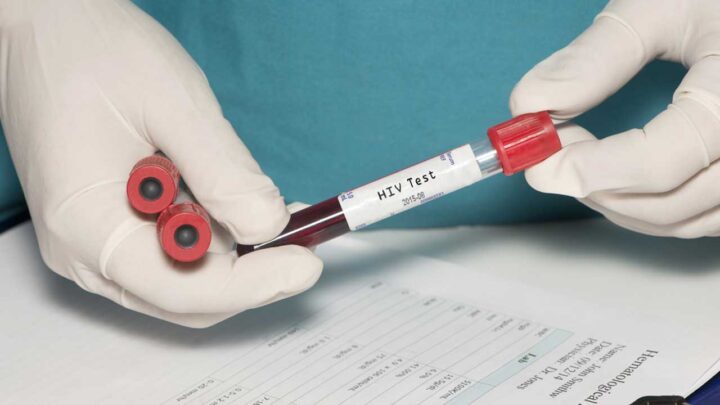
by Oni Blackstock, MD, MHS
By now you’ve probably heard about PrEP or pre-exposure prophylaxis—the innovative HIV prevention strategy that reduces the risk of HIV acquisition by as much as 90-92% and has the potential to help end the HIV epidemic in the United States. Currently, PrEP involves taking a once-a-day pill and attending regular visits with a health care provider for monitoring and counseling. More than one million individuals in the U.S. are estimated to be eligible for PrEP, but did you know that women account for about a third of those eligible? Yet, women comprise only about 10% of PrEP users. Physicians can play a huge role in increasing these numbers!
PrEP offers women an additional HIV prevention option that can be used in combination with other evidence-based strategies such as condoms. Moreover, because PrEP can be taken by the receptive partner, it can empower women to take control of their sexual health. Unfortunately, many women as well as their physicians are unaware of PrEP as an HIV prevention strategy.
Women who may be appropriate candidates for PrEP include those who report: condomless sex with a male partner who is HIV-positive or of unknown HIV status, a recent sexually transmitted infection, transactional sex (e.g., sex in exchange for money, drugs or other services), and/or injection drug use. Before prescribing PrEP, screen candidates for HIV and sexually transmitted infections and monitor them for side effects every three months. These every-three-month visits also provide an opportunity to talk with our patients about their current and future reproductive plans.
PrEP and conception planning
The Centers for Disease Control and Prevention recently released updated guidance that recognizes PrEP as a strategy to reduce a woman’s risk of HIV infection when attempting conception with an HIV-infected man, especially if his viral load is unknown or detectable. Other risk reduction strategies are included in the full MMWR, Effects of Antiretroviral Therapy to Prevent HIV Transmission to Women in Couples Attempting Conception When the Man Has HIV Infection—United States, 2017 available online here. PrEP is also safe for women who are pregnant or breastfeeding.
You can prescribe PrEP
Any physician can offer PrEP to an eligible patient. As previously mentioned, PrEP involves taking a daily HIV prevention pill (emtricitabine-tenofovir disoproxil fumarate [Truvada]) and attending regular clinical visits for HIV testing and counseling. Physicians regularly provide counseling about medication adherence as well as sexual and/or drug use risk behaviors. Providing PrEP care is no different and can often be seamlessly integrated into the care physicians are already providing.
Speaking with our patients in an open and nonjudgmental way about their sexual and substance use behaviors can help to identify women who might benefit most from PrEP. Also, if you provide care in a community with a high HIV prevalence, PrEP is a HIV prevention option that you’ll want to make sure your patients know about. PrEP medication is generally safe and well tolerated. It is not known to have any significant interactions with other medications and usually doesn’t need to be stopped for any medical or surgical procedures.
We know that physicians play a huge role in increasing interest and uptake of any new health intervention – and it’s the same for PrEP. As physicians, we should feel empowered to educate our patients particularly those at high risk for HIV about PrEP. In addition to making your patients aware of PrEP, I hope that you will also consider either prescribing PrEP to eligible patients or referring patients to a provider who can. You can play a central role in increasing the number of persons, particularly women, taking PrEP and help end the HIV epidemic in the U.S. by spreading the word about PrEP and offering PrEP! More information about PrEP can be found at this link: https://www.cdc.gov/hiv/effective-interventions/prevent/prep/.
Are you a physician? Log into Sermo to discuss research updates and medical news with other doctors from around the world.














